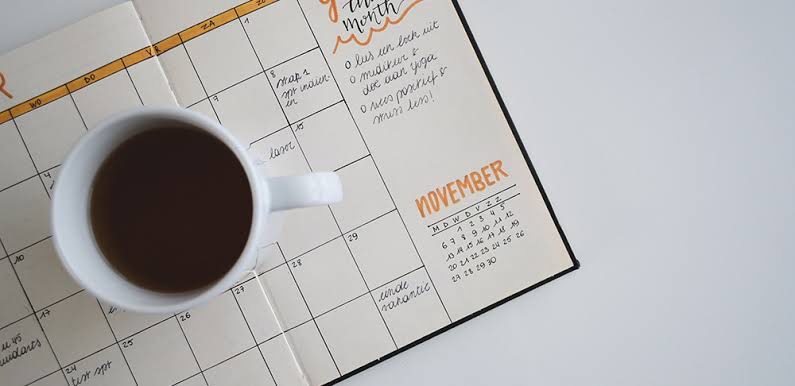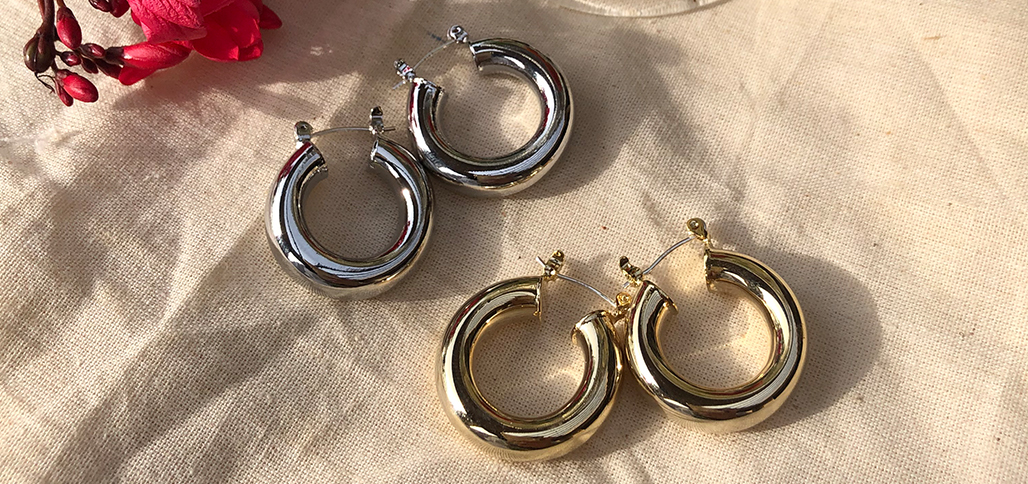
Working Towards Financial Freedom
It’s something no one wants to talk about. It’s something no one wants to be open about- something that makes us all uncomfortable, especially if we feel like we don’t have a hold on it- our finances and budgeting.
We seem to be under the impression that if we don’t earn an X amount, that we will always be in debt, that we will never be able to save. That’s not true- budgeting and finances is something we can work towards by being a bit organized, mindful and aware of our spending and saving habits. By awareness I mean aware where we are spending, aware when we are overspending, and aware about how we are spending. Here are a few money habits to adopt to make better financial decisions which ultimately lead you towards less financial stress and better money management and eventually more savings.
- Develop spending awareness:
Many of us mindlessly spend- we have no idea how much we have spent, and often have no idea where our money goes. How can we expect to do that if we don’t have a check and balance system where we are tracking our spending? The key to starting to save is creating that awareness and being aware of where our money went. How to develop a system, you ask? Start tracking your daily costs by noting them down at the end of the day. There’s no better way to change a habit than to be aware of it.
- Building finance literacy in your spare time:
Use the extra time you have available to learn more about finances and good financial planning. It is important to intentionally set a few hours aside every week to read, listen, and watch a wide array of content about money in order to improve your overall financial literacy. It is also important that each week one must also try to implement one new positive financial change in their life. For example, challenging yourself not to order food for an entire week and check your credit score every month. Taking that financial learning and putting it into practice is an important aspect of building financial literacy. The importance of financial planning cannot be overstated.
- Start searching for multiple streams of income:
Sometimes the salary you get in your day job just doesn’t seem to cut it. Remember this, with better time management and prioritization, there is always room for a side hustle. You also don’t want to be that person who is waiting for that phone call that due to budget cutting and financial struggles in the company they are letting you go. It’s best not to keep all your eggs in one basket when it comes to income- always have a plan B for yourself- something to fall back on. You never know, maybe your leisure pursuit grows so much that you may even quit your day job. There are so many freelance opportunities available and so many hidden talents you have within you that could lead to a side hustle. Not only will this lead you to be more financially secure, but it helps in growing your savings pool and may lead to further creative development.
- Cut down on unnecessary expenses:
Sometimes you don’t realize how much you are spending until you actually start to track it. The global pandemic and quarantine actually made me aware of how much I spent unnecessarily. When everything shut down, I realized how much I spent on ordering food from outside, unused memberships, expensive lattes and impromptu shopping sprees to the mall. Once everything shut down, I actually had some time to reflect and realized there were multiple simple adjustments I could make in my life that would lead me to save so much every month. I started brewing my coffee at home, taking lists to the grocery store and making all those meals at home, and going for socially distant walks or park visits with my friends instead of going to restaurants. Although I was technically forced to make these spending changes because of the virus and social distancing measures that were put into place, I am genuinely enjoying many of them and wondering why I hadn’t made these changes before.
- Start a savings fund:
One of the main things I hear when I find out that people don’t have a savings fund is that they don’t earn that much and whatever little they earn gets spent, and that what is the point of saving when the amount is so small. We need to change our mindset when it comes to saving and realize that no amount is too small- saving is a good financial habit to have, even if it’s small amount. If you are not in the habit of saving/setting aside a certain amount to go into your savings account when the cheques are small, there isn’t a very high chance that you will do it when the cheques are big either. Start saving even if it’s small, make a conscious decision to put that amount aside into your savings account every month- it will only grow.






This Post Has 0 Comments